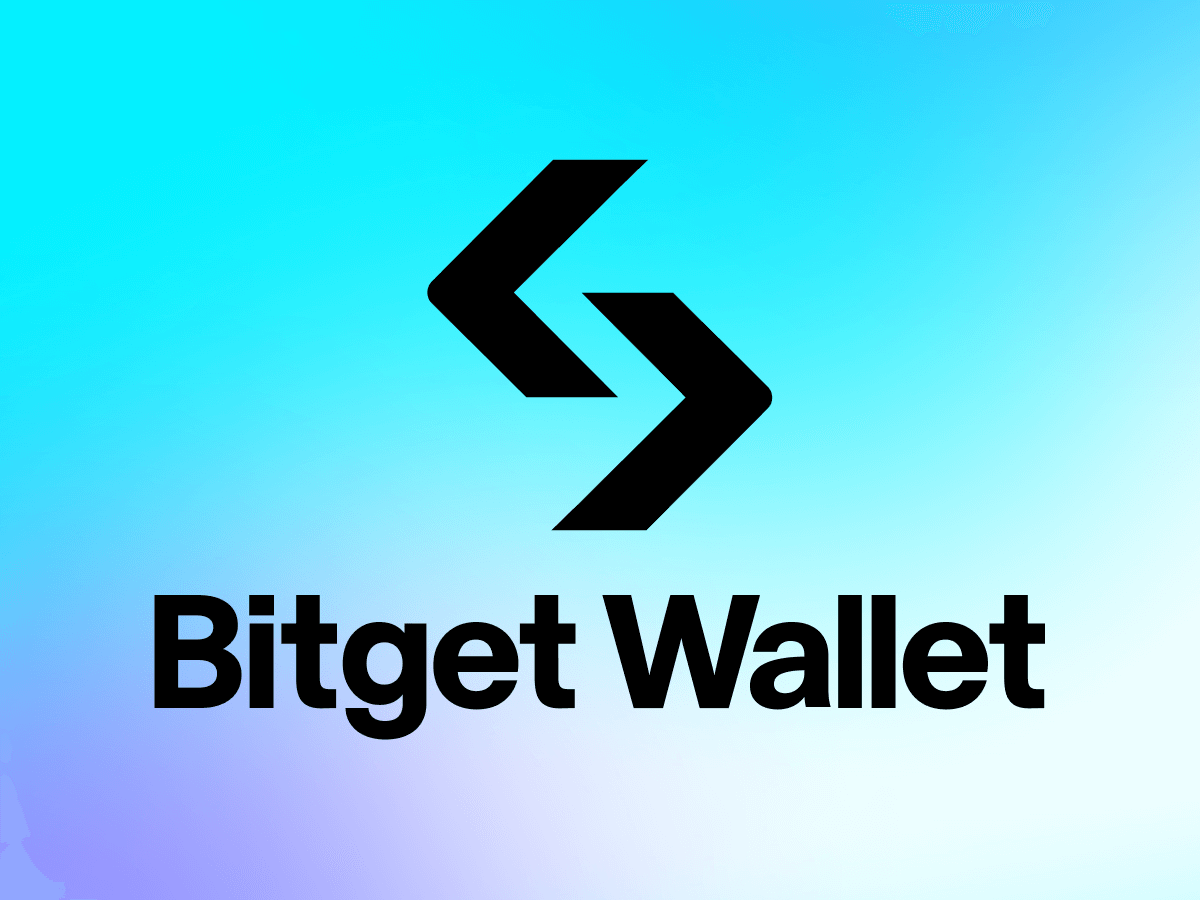So I was thinking about how messy crypto wallets can get—especially when you start hopping between chains and protocols. Wow! Managing assets on Ethereum alone is a handful. Then you add Binance Smart Chain, Polygon, Avalanche… and suddenly, your digital pockets are bursting at the seams. Something felt off about relying solely on hot wallets for all this. Seriously? There has to be a safer, smarter way.
Initially, I thought multi-chain wallets were just a convenience thing—one app to rule them all, right? But then I realized it’s way more than convenience. It’s about security, control, and usability. Hardware wallet support integrated into these multi-chain wallets takes that to another level. You’re not just juggling chains; you’re protecting your keys offline while still interacting seamlessly with DeFi dApps.
Here’s the thing. Yield farming, while lucrative, exposes you to multiple layers of risk—smart contract bugs, price volatility, and, oh yeah, your wallet’s security. If your private keys get phished or stolen, all those gains and principal vanish faster than you can say “liquidity pool.” That’s why the integration of hardware wallets with multi-chain wallets is very very important. It bridges accessibility with ironclad security.
Okay, so check this out—there’s this bitget wallet extension that’s been on my radar. It supports hardware wallets and multiple chains, making it a solid candidate for anyone deep into DeFi. I tried it out recently and, while not perfect, the experience was surprisingly smooth. The hardware wallet compatibility means you’re signing transactions offline before broadcasting, which is a huge plus for peace of mind.
On one hand, some might argue that hardware wallets slow down the farming hustle because of the extra step in signing. Though actually, for me, that slight delay is a small price for locking down my assets. Plus, modern hardware wallets and compatible extensions have gotten better at minimizing friction. I guess it’s a matter of prioritizing security over speed, especially when big money’s on the line.
Multi-chain wallets themselves are fascinating beasts. They let you swap tokens, stake, and farm yields across different ecosystems without bouncing between apps or browser tabs. But without hardware wallet support, you’re still vulnerable to phishing, malware, or browser exploits. That’s why the combination is so powerful.
Yield farming, by nature, demands flexibility. You might be staking LP tokens on SushiSwap, then jumping to PancakeSwap on BSC, and maybe dipping into Aave on Polygon—all in one session. Managing private keys securely across this patchwork was a nightmare before. Now, with tools like the bitget wallet extension, which natively supports hardware wallets, that nightmare is fading.
Honestly, though, what bugs me about the current DeFi landscape is how fragmented security still feels. There’s all this innovation, but users often sacrifice safety for convenience. I’m biased, but I think wallets that integrate hardware support with multi-chain functionality are the future’s backbone, not just a feature.
Also, a quick tangent—have you noticed how many people overlook the importance of offline signing? It’s like leaving your front door wide open because you’re in a hurry. Yield farming strategies can be complex and fast-moving, but if your keys get compromised, all that work is for nothing. The bitget wallet extension’s approach to hardware wallet integration helps curb that risk in a pretty user-friendly way.

Digging deeper, the real challenge is UX—making hardware wallets feel as intuitive as software ones. The initial learning curve can be steep. I remember fumbling through my first Ledger setup, cursing the tiny screen and button combos. But extensions like bitget’s are smoothing out those wrinkles, offering clearer prompts and multi-chain support under one roof.
And, you know, there’s something deeply reassuring about having your keys on a dedicated device, disconnected from the internet. It’s like carrying a physical vault in your pocket. But combining that with the dynamic world of multi-chain DeFi? That’s a bit like having your cake and eating it too, if you ask me.
Still, I’m not 100% sure this is the perfect setup for everyone. There’s always a trade-off between security, convenience, and speed. Some folks might find the hardware wallet step cumbersome. Others might prioritize instant trades over top-notch security. It’s a balancing act, and honestly, your personal risk tolerance will dictate what works best.
What really struck me was that these solutions are starting to cater to power users and novices alike. The bitget wallet extension’s multi-chain support with hardware wallet integration is a solid example—making it accessible without watering down security. That’s a rare combo.
Anyway, this whole mix of multi-chain wallets, hardware security, and yield farming is evolving fast. It feels like we’re at a crossroads where the tools finally catch up with the ambitions of DeFi users. But it’ll be interesting to see how usability keeps improving—because let’s face it, some of the interfaces still feel like they belong in a hacker’s basement.
So, what does this mean for the average DeFi enthusiast? Well, if you’re serious about farming yields across chains, investing in a hardware wallet and using a multi-chain wallet extension that supports it—like the one I mentioned—could save you a world of headaches and heartbreak.
On a final note, the future might bring even more seamless integrations—maybe hardware wallets embedded directly into mobile devices or biometric-secured cold storage—but until then, combining a trusted hardware wallet with a robust multi-chain wallet extension is probably the smartest move.
Hmm… I guess the takeaway is this: Don’t let convenience blind you to security. And don’t settle for fragmented tools when you can get the best of both worlds. The bitget wallet extension is worth checking out if you want a taste of what that looks like in practice.
